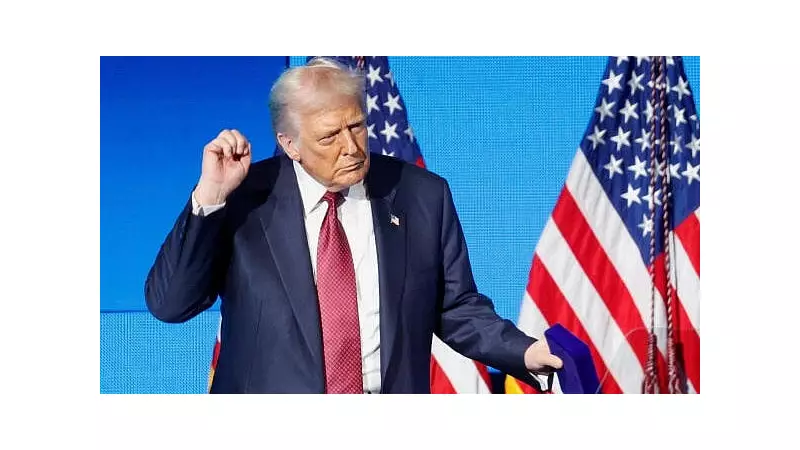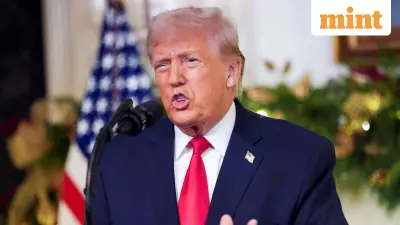
In a dramatic move that has sent shockwaves through international communities, the Trump administration has officially revoked approximately 80,000 non-immigrant visas, marking one of the most significant immigration enforcement actions in recent history.
The Scale of the Revocation
The massive visa cancellation affects thousands of foreign nationals who were awaiting entry into the United States. According to a senior US official who spoke on condition of anonymity, the revocations primarily target individuals who had been approved for visas but had not yet entered the country.
Which Visa Categories Are Affected?
The sweeping action impacts several key non-immigrant visa categories:
- H-1B visas for specialized workers
- H-2B visas for seasonal non-agricultural workers
- J-1 visas for exchange visitors
- L-1 visas for intra-company transfers
This move comes as part of the administration's broader effort to implement stricter immigration controls and prioritize American workers during the ongoing economic recovery.
Legal Basis and Implementation
The visa revocations are being executed under the authority of presidential proclamations that temporarily suspend entry of certain foreign workers. Officials have emphasized that this action specifically targets individuals who were visa-approved but hadn't yet commenced their travel to the United States.
Global Impact and Reactions
The decision is expected to have far-reaching consequences for:
- Technology companies relying on specialized foreign talent
- Academic and cultural exchange programs
- International businesses with US operations
- Families awaiting reunification
Industry experts and immigration advocates have expressed deep concern about the economic and humanitarian implications of such a large-scale revocation.
What This Means for Future Applicants
Prospective visa applicants should be aware that the US immigration landscape is undergoing significant changes. The administration has signaled its intention to continue reviewing and modifying immigration policies to align with its "America First" economic agenda.
This development represents one of the most substantial implementations of the administration's immigration restrictions to date, affecting tens of thousands of individuals worldwide who had planned to work, study, or conduct business in the United States.





